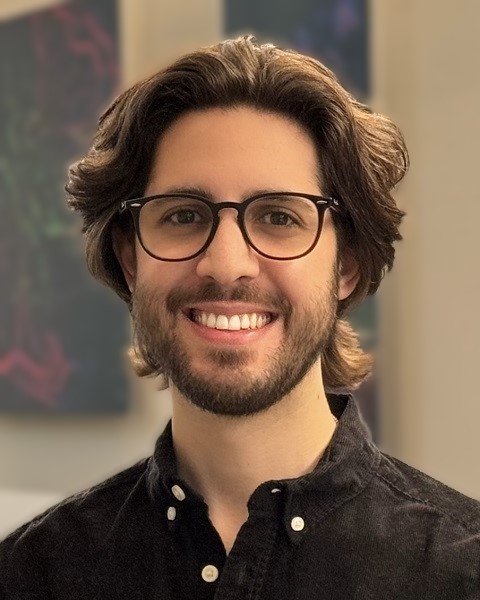Election Year: 2022
Class: Biomedical and Neural Sciences
Biosketch
Dr. Jawad Fares is a neurosurgeon-scientist at the McGaw Medical Center of Northwestern University, specializing in brain tumor biology and therapeutics. His research bridges clinical neuro-oncology with molecular science to advance precision medicine approaches for gliomas and metastatic brain cancer. In parallel, Dr. Fares engages in public health scholarship and science policy, particularly within Lebanon and the Middle East.
Dr. Fares earned his B.S. in Biology and M.D. from the American University of Beirut, an M.S. in Neuropsychology from the Lebanese University, and completed a postgraduate program in Cancer Biology at Harvard Medical School. He then undertook postdoctoral research training in neuro-oncology at Northwestern University under the mentorship of Professor Maciej S. Lesniak, where he also pursued his neurosurgical training.
Dr. Fares’s research has led to notable advances in neuro-oncology. He redefined metastatic brain cancer as a distinct central nervous system disease by delineating its unique genetic, metabolic, and immune characteristics (Lancet Oncology, 2025), reshaping clinical paradigms and research priorities. He also discovered and validated metixene, a repurposed neuropharmaceutical that selectively impairs brain tumor survival by modulating autophagy (Journal of Clinical Investigation, 2023), offering a scalable therapeutic option, especially for low-resource settings. His landmark review, “Molecular Principles of Metastasis: A Hallmark of Cancer Revisited” (Signal Transduction and Targeted Therapy, 2020), has been cited over 2,500 times and remains a foundational reference in metastasis biology. In glioblastoma research, he co-led the first-in-human clinical trial using neural stem cells to deliver oncolytic virotherapy (Lancet Oncology, 2021), establishing the safety of cell-based viral therapies for malignant brain tumors and enabling progression to advanced clinical trials.
Dr. Fares has authored over 140 peer-reviewed publications and is recognized as a ScholarGPS® Highly Ranked Scholar. He is listed among the top 2% of most impactful scientists globally (Stanford/Elsevier). His work has been recognized with several awards, including the AANS Robert L. Bittner Award, Fellowship of the Royal Society of Biology, and the King Hussein Award for Cancer Research. Dr. Fares’ leadership in biomedical science and public health has earned him prestigious fellowships and recognition for advancing research and health policy across Lebanon and the Middle East.

